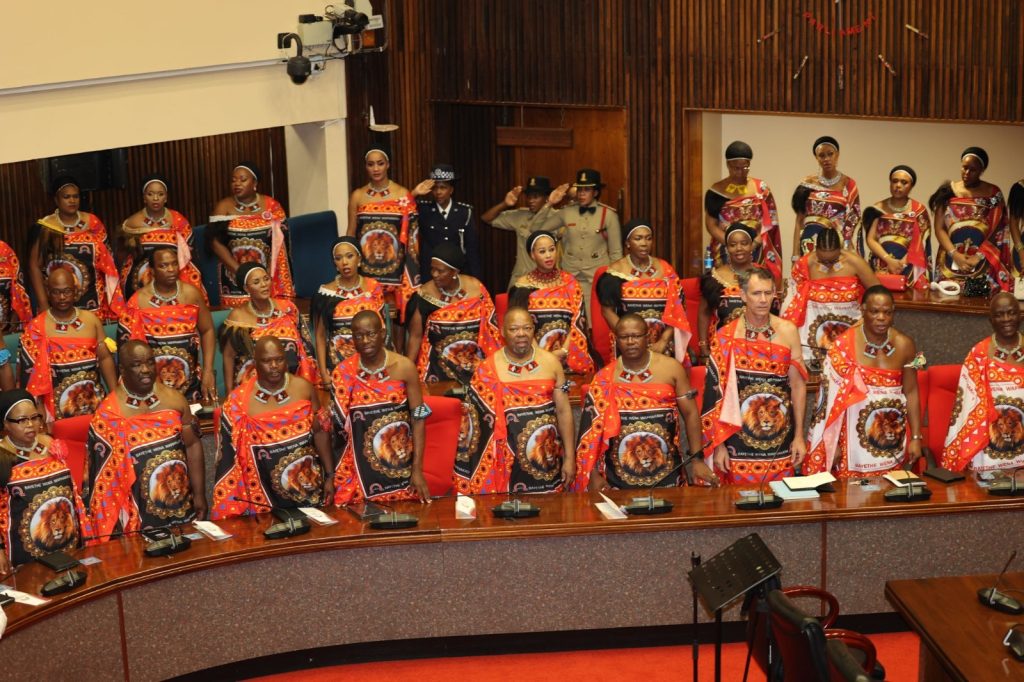
By Phiwa Sikhondze
Eswatini is set to launch its much-anticipated Strategic Oil Reserve in April 2025, a move aimed at enhancing the country’s energy security and stabilizing fuel supply.
His Majesty King Mswati III announced the milestone during the official opening of the 12th Parliament on Friday, emphasizing its importance in driving economic growth and reducing vulnerability to global fuel price fluctuations.
The establishment of the oil reserve comes at a crucial time as the country seeks to mitigate the risks associated with fuel supply disruptions. Global geopolitical tensions and economic shifts have made energy security a priority for many nations, and Eswatini is no exception.
By having a national stockpile, the country will be better positioned to cushion itself against potential shortages and price volatility.
“We look forward to the launch of the strategic oil reserve in April and the completion of the ICC and FISH. We can also expect the construction of the new parliament this year,” His Majesty said.
A stable and well-managed fuel supply is expected to have far-reaching benefits for various sectors of the economy. Industries that rely heavily on fuel, such as manufacturing, agriculture, and transportation, stand to gain from reduced uncertainty and more predictable costs. The reserve is also expected to support the government’s broader economic diversification agenda by creating an enabling environment for investment and industrial expansion.
The government has been working on the necessary infrastructure to support the reserve, ensuring that storage facilities meet international standards. While specific details on storage capacity and management strategies are yet to be disclosed, the project is expected to be a key component of the country’s broader energy and infrastructure development plans.
His Majesty underscored the importance of local participation in large-scale projects such as this. He urged the government to ensure that local businesses and contractors benefit from the development and management of the oil reserve.

“We call upon the government to ensure meaningful participation of local contractors in these projects, so that the people and the local economy derive tangible benefits that go beyond the new infrastructure,” he said.
This directive is in line with Eswatini’s broader economic policy of empowering local enterprises and ensuring that major projects contribute to job creation and skills development.
